- Savage Blog
- Learn How to Hunt: It’s Easier Than You Think
Learn How to Hunt: It’s Easier Than You Think
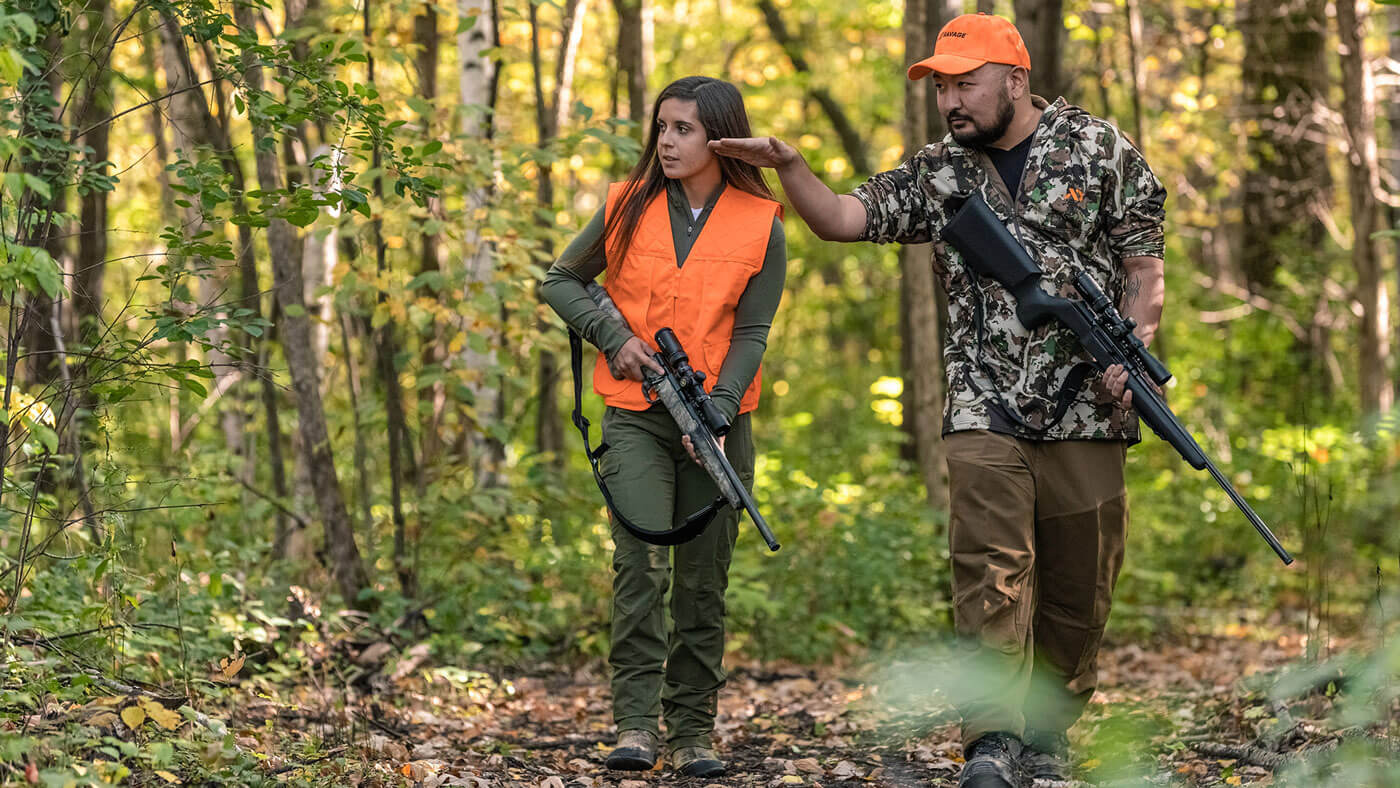
Hunting can feel like an intimidating activity to get started with, but it’s more accessible than you might think. With the right knowledge, equipment, and resources, anyone can learn how to hunt confidently. This guide covers the essentials for getting into hunting, from picking up your first rifle to navigating hunting seasons, and includes tips for learning new skills, finding a mentor, and making the most of your game harvest.
Essential Equipment for Beginner Hunters
One of the first steps to learn how to hunt is gearing up with the right equipment. You’ll need clothing appropriate for the weather and terrain, a reliable firearm, and some basic gear like a knife and a good pair of binoculars. One of the most important pieces of gear is a quality, affordable firearm.
Deer Hunting
The Savage Axis is an excellent choice for new deer hunters. It offers features like a button-rifled barrel for improved accuracy, and a synthetic stock that stands up to harsh weather—all at a price point that won't break the bank. We offer multiple configurations that include an adjustable AccuTrigger, a factory-mounted and boresighted 3-9x40mm scope, full and compact size stocks, various color options, and right and left-handed. The Savage Axis is an investment that provides high performance, ensuring your gear doesn't hold you back as you learn.
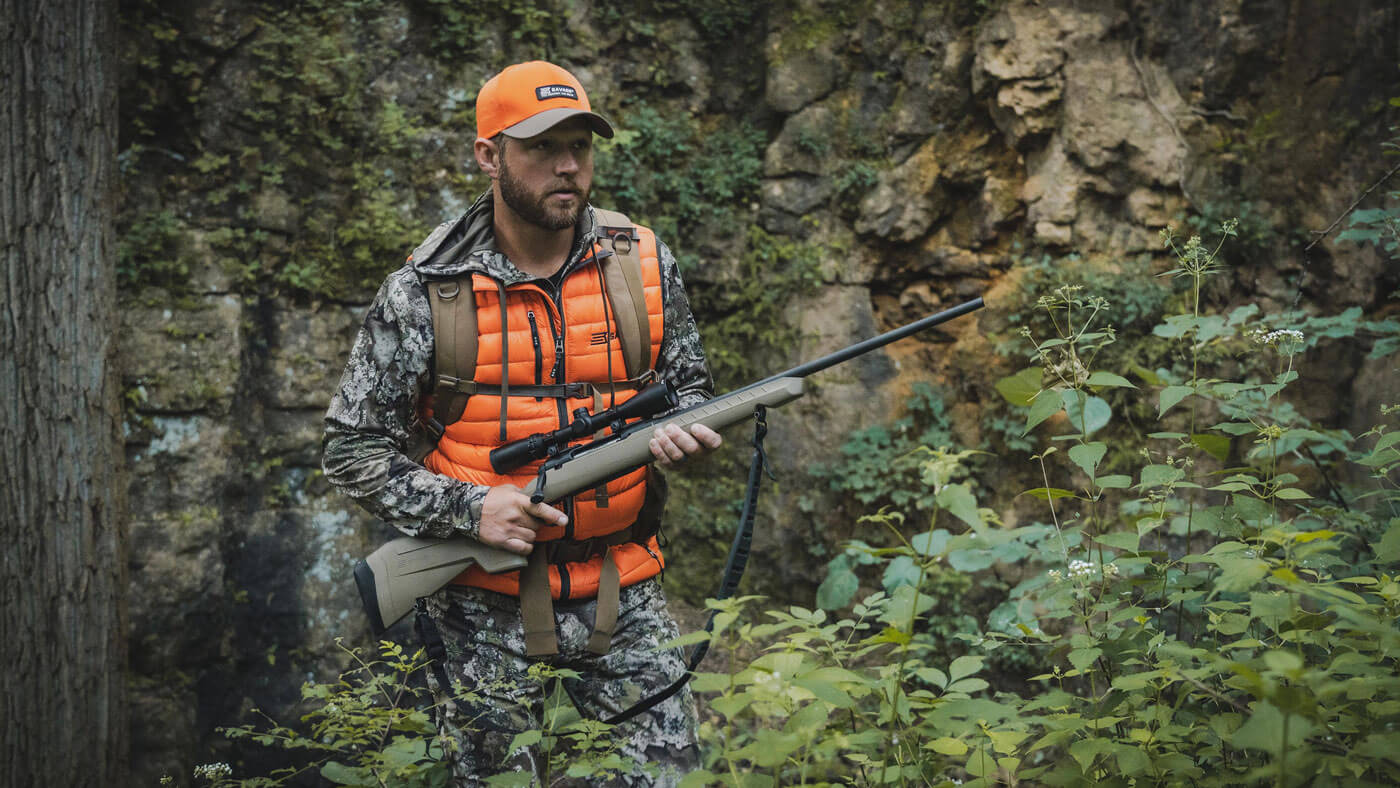
If you need help finding the perfect first deer rifle, this guide will walk you through what to look for and why.
Turkey Hunting
For the beginner turkey hunter, it’s hard to go wrong with the Model 301 Turkey. This simple break-action shotgun is perfect for new turkey hunters of all ages, with options from 12 gauge to 410 bore. It’s affordable, lightweight for packing into the woods, easy to operate, and comes with an attached rail for mounting a red dot or other optic for easier aiming. Other great shotgun options for getting started with turkey hunting include the Savage Renegauge, 212 Turkey, and 220 Turkey.
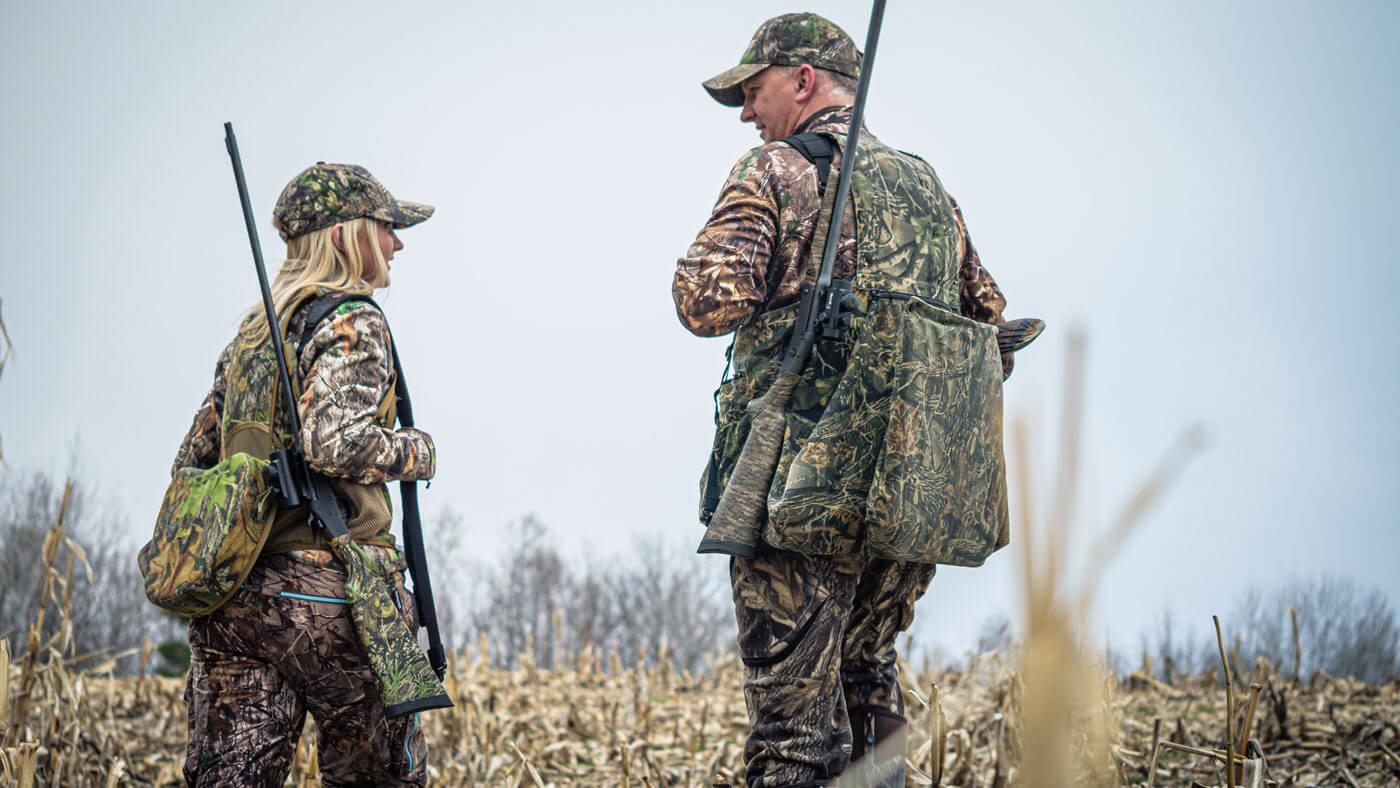
Waterfowl Hunting
Beginner waterfowlers should look for a reliable semi-automatic shotgun that will cycle well in cold conditions. The Savage Renegauge is an excellent option for the new waterfowl hunter looking for a reliable option. The Dual Regulated Inline Valve (D.R.I.V) gas system ensures that any load you use will cycle reliably, from lighter target loads to heavy goose hunting shells. Plus, it’s adjustable for comb height, drop cast, and length of pull to be perfectly fit to any shooter. The Model 560 semi-automatic shotgun is another great option for beginner waterfowl hunters that gets the job done at an affordable price.
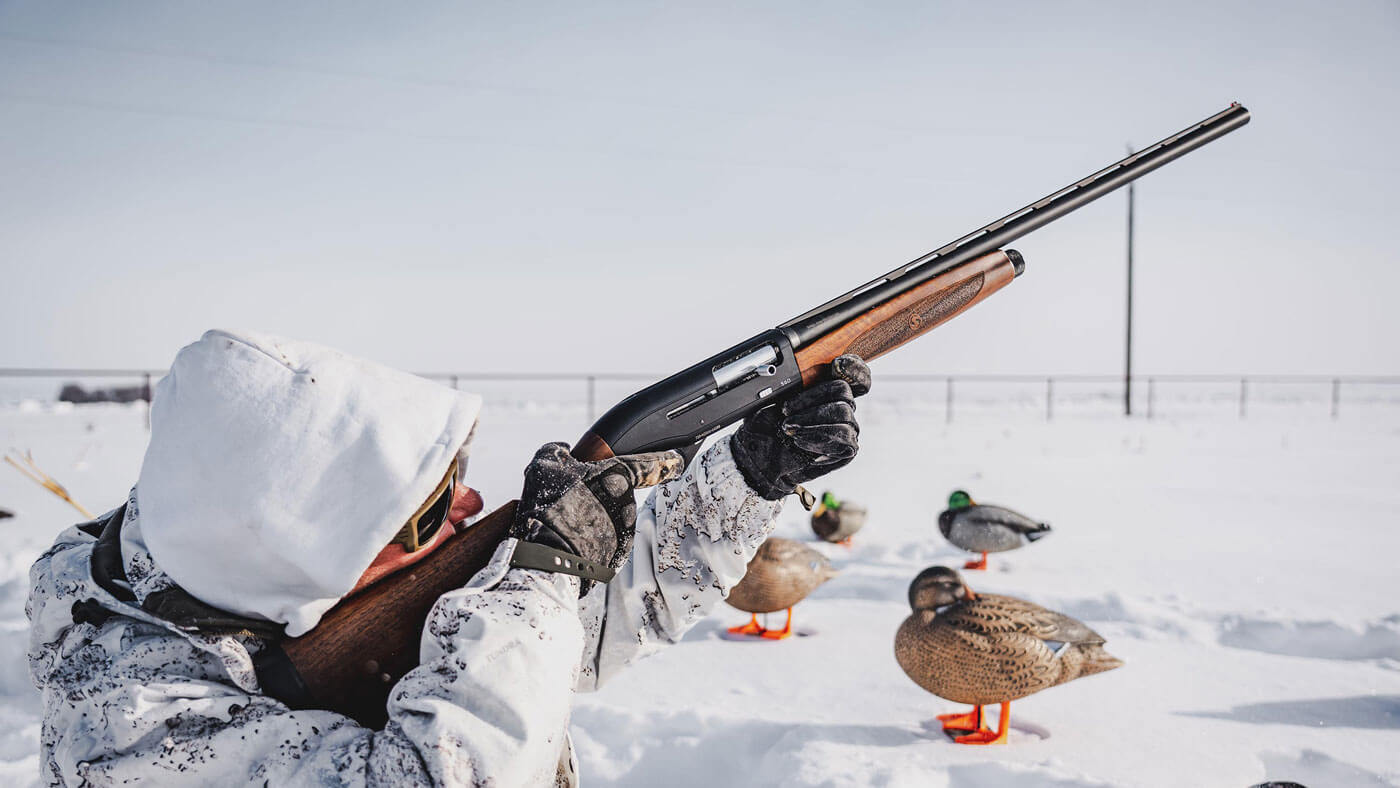
Other essential equipment includes hunting boots, camouflage or blaze orange clothing (depending on your hunting area’s regulations), game calls, and a hunting backpack. Don't forget to bring necessary field dressing tools for when you’re ready to handle your game harvest.
Taking a Hunter Education Course
A hunter education course is an excellent starting point for new hunters who want to learn how to hunt. Most states require this certification to obtain a hunting license. These courses teach essential skills, including firearm safety, hunting ethics, and wildlife conservation. They also cover the basics of hunting regulations, helping you understand the rules before heading into the field. Completing a hunter education course provides valuable knowledge and confidence, setting you up for a safe and successful hunting experience. Check your state’s fish and wildlife agency for local course offerings, both in-person and online.
Navigating Hunting Rules, Regulations, and Seasons
Before you head out into the woods, it's crucial to understand local hunting laws and seasons. Each state has its own set of hunting regulations, including when and where you can hunt specific game, what equipment you can use, and requirements for hunting licenses. Your state’s fish and wildlife agency website is an invaluable resource for finding this information, and it should be one of your first stops on your journey to learn how to hunt. They often provide detailed guides on hunting seasons, bag limits, and specific rules related to different types of game. Many states also distribute printed game guides and regulation books that can be found at your local state fish and wildlife agency office, local sporting goods retailer, tackle shops, and gun stores.
Finding Places to Hunt and Scouting
Deciding where to hunt can be one of the biggest challenges for beginners. Many states offer public hunting lands, such as state forests and wildlife management areas. Your state's fish and wildlife agency can provide maps and details about public hunting opportunities. Some public hunting areas will have regulations that are different from statewide hunting regulations, especially wildlife refuges and other waterfowl hunting areas. Remember to check the regulations for a specific public hunting area that you plan to hunt. These regulations will often be listed with information about the public area in an access guide or online.
Don’t be afraid to approach private landowners as well! Knocking on doors and asking for permission may help you land a great spot to hunt. When approaching a landowner looking for permission to hunt, make sure you are presentable, polite, and respectful. If you get no for an answer, don’t sweat it! Thank the landowner for their time and ask if they know of any other landowners in the area who may be willing to allow you to hunt on their land. If the landowner does allow you to hunt on their property, make sure you thank them with a gift or some of your harvest as a token of appreciation.
Once you’ve chosen a hunting spot, it's time to scout the area. Scouting is important in your journey to learn how to hunt. It involves looking for signs of game, such as tracks, droppings, bedding areas, and feeding spots. This process helps you learn the habits of the animals you’re hunting and increases your chances of a successful harvest. Also take note of nearby water sources, and terrain features such as creek bottoms, ridges, drainage ditches, and agricultural fields.
Trail cameras can also be an invaluable tool for collecting information on game animal movements while you’re not out in the field. If you have access to a trail camera, set them up near potential hunting areas for a look at what animals are using the area frequently. Combining this information with other scouting activities can help you make a solid plan for how you’ll hunt the area for the upcoming season. It is important to note that some states have restrictions or bans on using trail cameras on public lands. Make sure you check all local regulations on using trail cameras before placing them in the field.
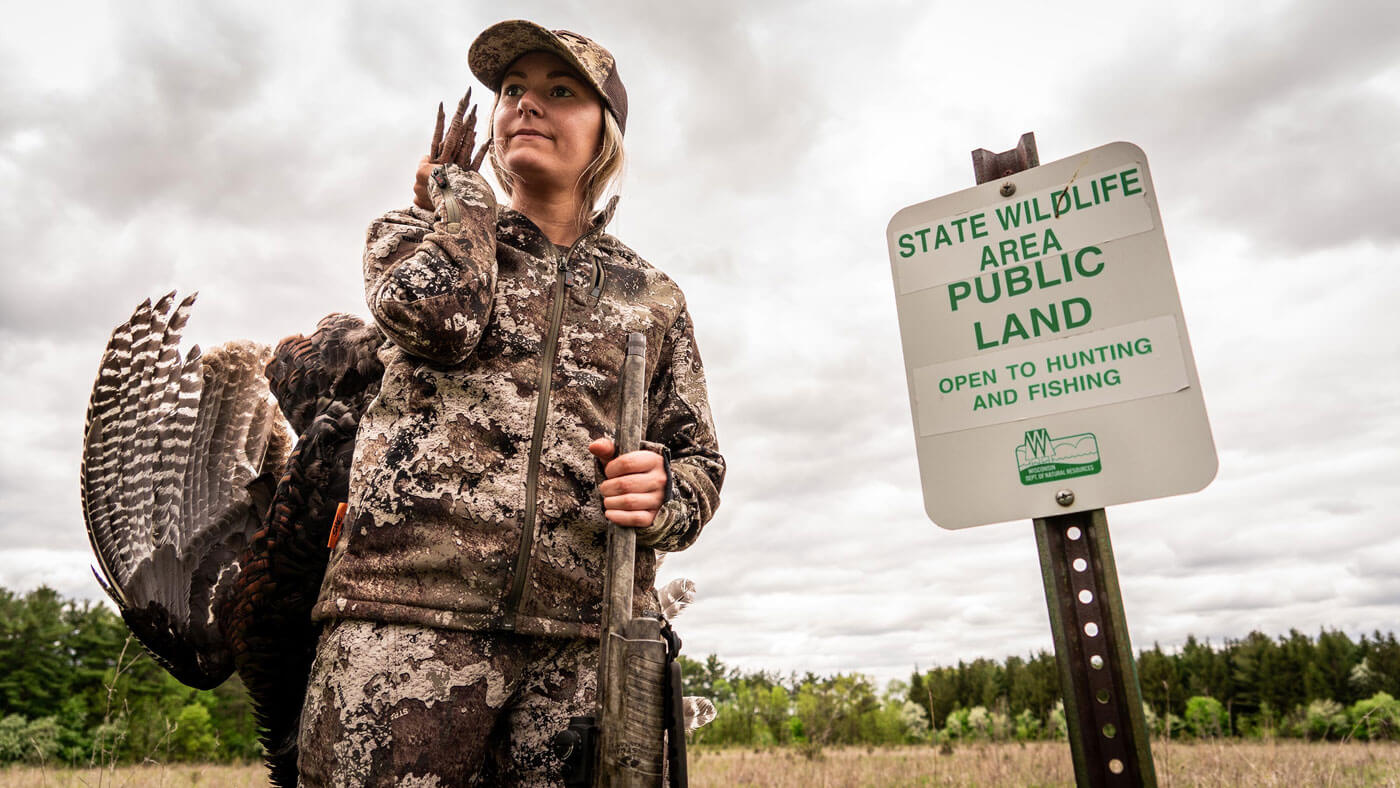
Hunting Apps: Your Digital Companion in the Field
Modern hunting has gone digital with a range of apps designed to help both experienced and new hunters. Apps like OnX and HuntStand are excellent tools that will help shorten the curve when you want to learn how to hunt. They offer several capabilities including the ability to see public and private land ownership and boundaries, mark trails, make notes on where you’ve seen game, and even check the weather. These apps also offer satellite imagery so you can e-scout and look for ideal hunting areas and terrain features before you step foot on a property. These apps also provide information on sunrise and sunset times to help you plan your hunting day effectively.
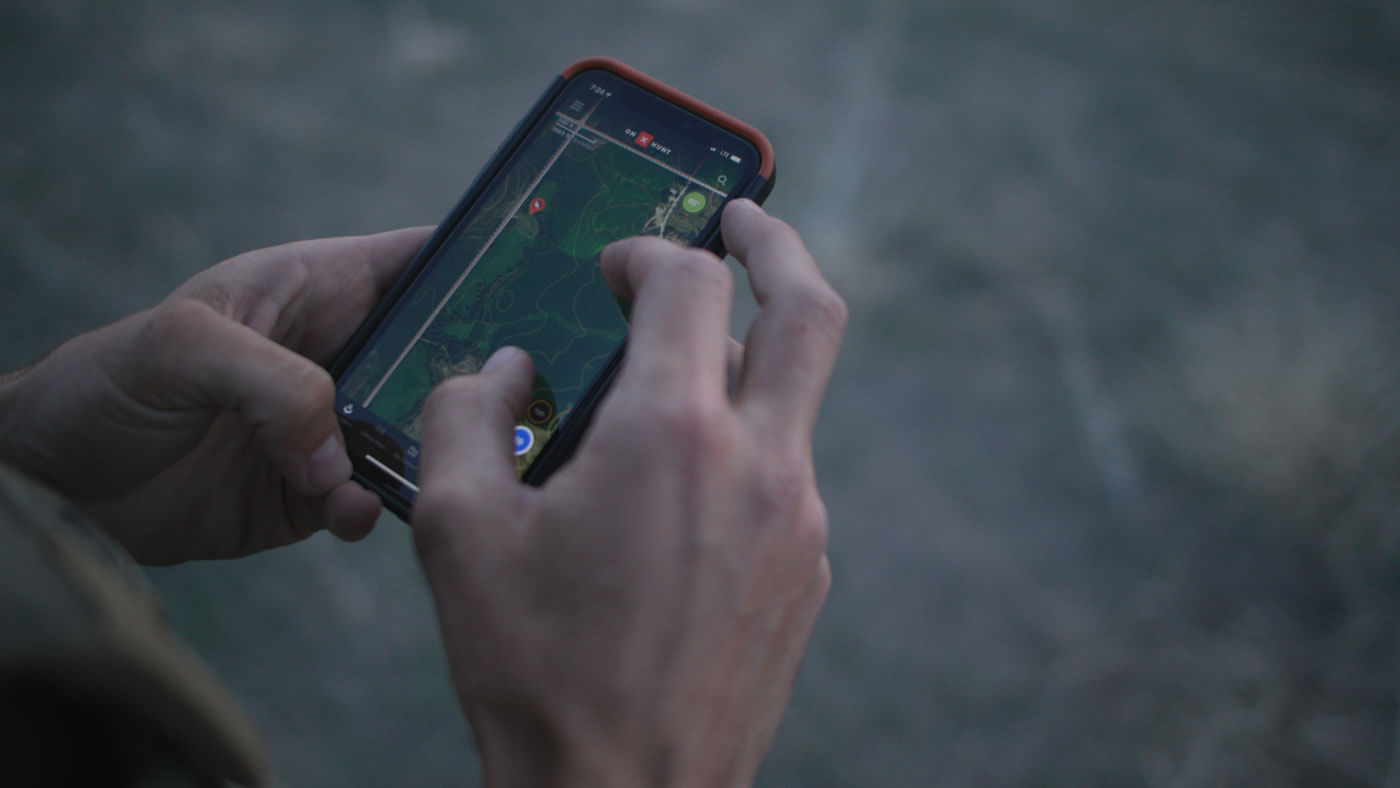
Finding a Mentor and Connecting with Other Hunters
Hunting is a skill that often benefits from hands-on learning. Finding a mentor can significantly shorten your learning curve, especially for waterfowl and upland bird hunting where identifying legal game can be difficult. Many experienced hunters are willing to share their knowledge, whether it's about locating game, field dressing, or choosing the right gear.
Many states also offer Learn How to Hunt programs. These programs are usually offered for both youth and adults, and they are great places to meet experienced hunters who can help you learn how to hunt. Learn How to Hunt programs range from workshops and seminars on particular hunting topics to full length programs that teach you everything you need to know about firearm safety, how to scout, operate your firearm, and going on a hunt with mentors. These programs often provide equipment to use as well, so you can use them as an opportunity to learn and get familiar with the equipment you need to hunt.
There are also numerous organizations you can join, such as First Hunt Foundation, American Daughters of Conservation, Shoot Like a Girl, or Pass It On - Outdoor Mentors where you can connect with fellow hunters and find potential mentors (organizations like these are always looking for experienced hunters to serve as mentors too!).. Local conservation or hunting chapters like National Wild Turkey Federation, National Deer Association, Mule Deer Foundation, Pheasants Forever, Backcountry Hunters & Anglers, Ducks Unlimited and many more are also great ways to connect with other hunters and get further involved with hunting and supporting wildlife conservation..
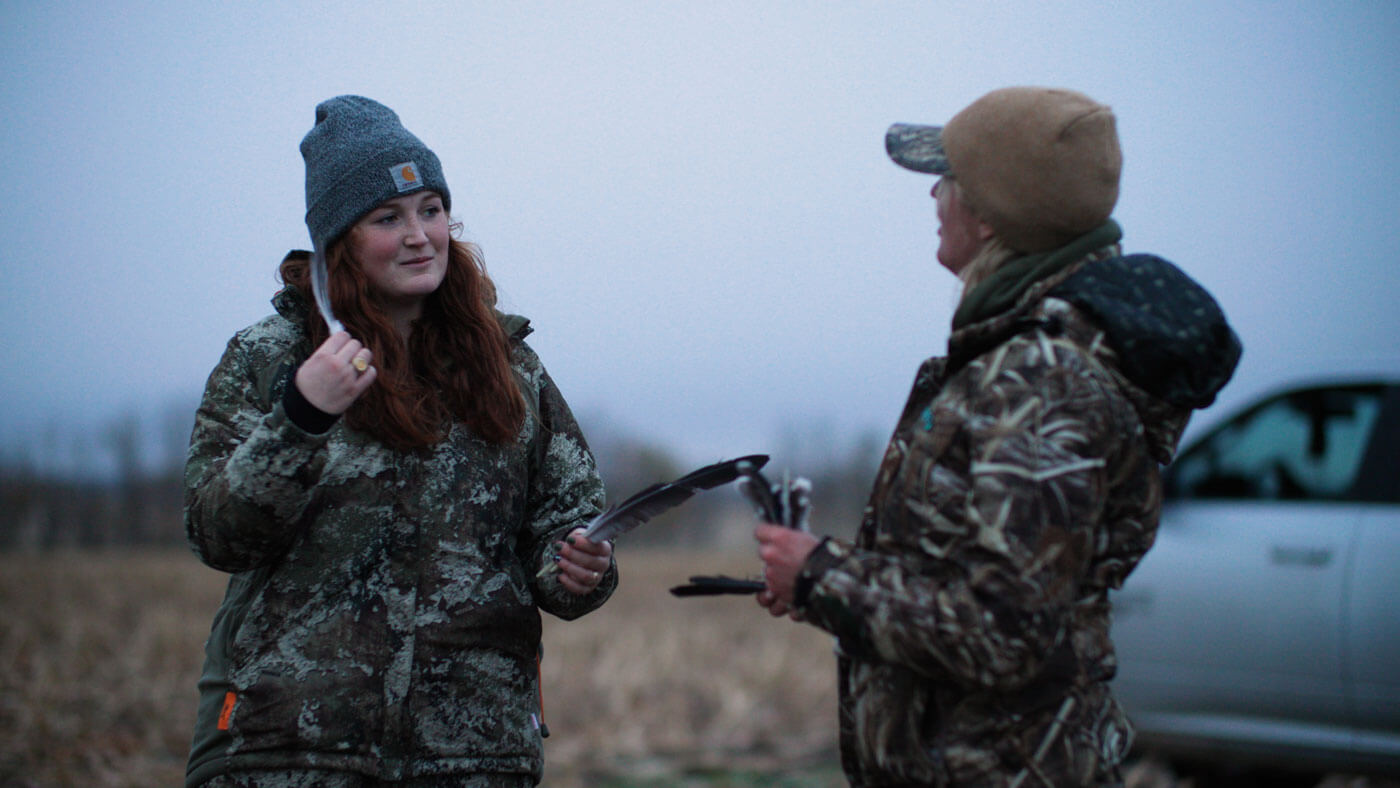
Basic Skills for Beginner Hunters
Developing a few basic skills as you learn how to hunt can make your early hunting experiences much more rewarding. Here are some key skills to work on:
Shooting and Marksmanship: Practice shooting at a range before your first hunt. Learning how to handle your firearm safely, how to shoot accurately, and how to make clean, ethical shots are all critical skills.
Firearm Ownership: Owning a firearm requires responsibility. Gun safety is key: always point the muzzle in a safe direction, treat every gun as if it is loaded, and keep your finger off the trigger until you’re ready to shoot. Store your rifle in a locked safe, and store ammunition separately. Regular cleaning and maintenance ensures safe, reliable use. Lastly, know your local laws on firearm ownership and use, as regulations vary by state.
Handling Your Game Harvest: Once you’ve successfully harvested an animal, the next step is field dressing. This process can seem daunting, but plenty of resources, including videos and books, provide step-by-step instructions. If you're not ready to process your harvest yourself, you can take your game to a local meat locker. As you gain experience, you might consider learning basic butchering skills. For wild game cooking tips, check out our Wild Table blog for recipes to make the most of your harvest.
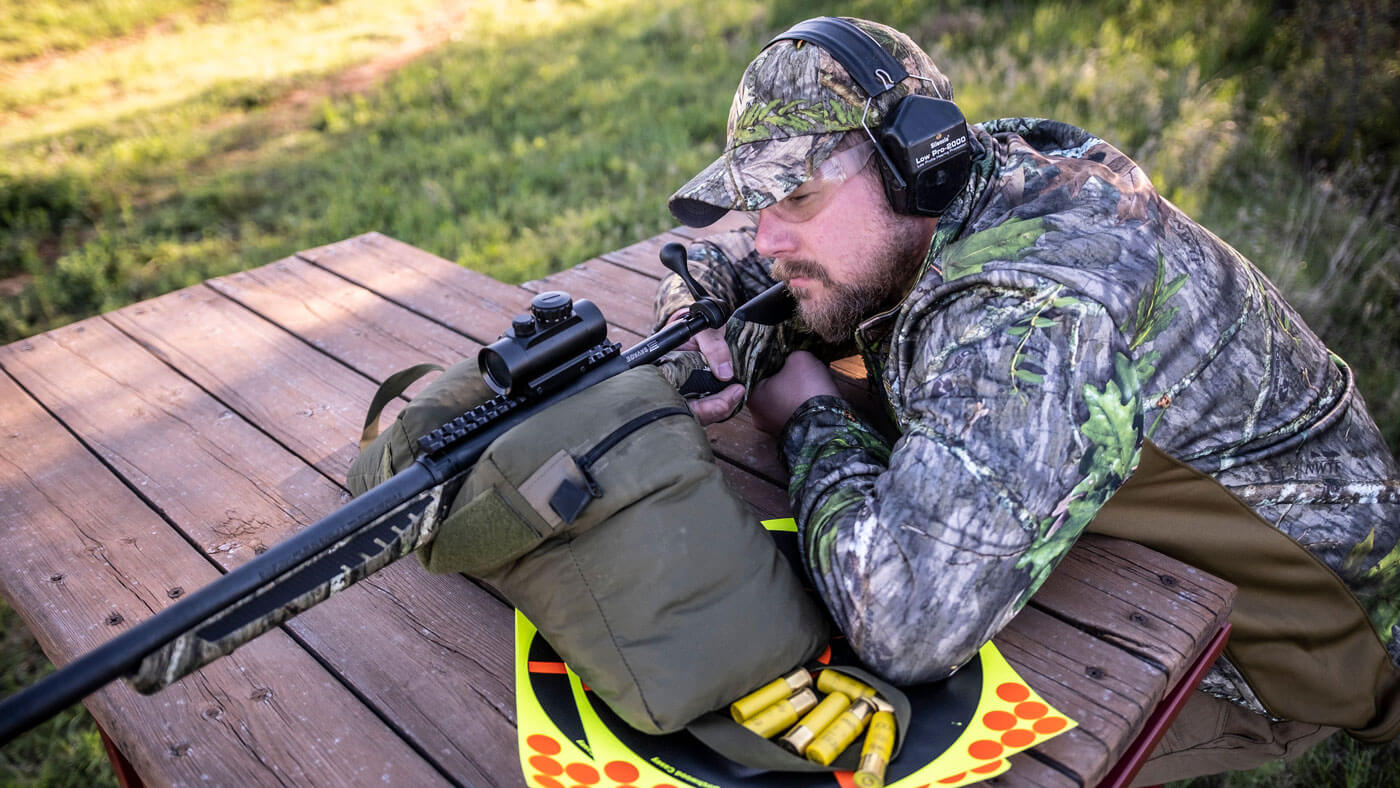
It’s Easier to Learn How to Hunt Than You Think
Hunting is an enriching activity that connects you to nature and provides a sense of accomplishment. By starting with the basics—getting the right gear like the Savage Axis rifle, understanding local regulations, using hunting apps, and building fundamental skills—you’ll find that getting into hunting is not as difficult as it may seem. Add in the support of a mentor or hunting community, and you’ll be well on your way to in your journey to learn how to hunt.


